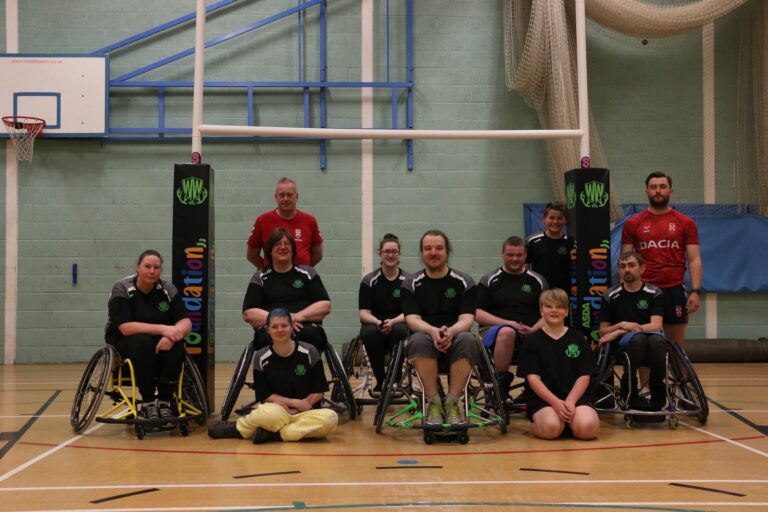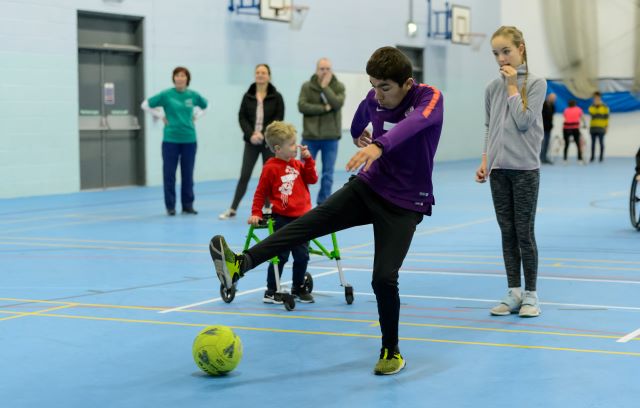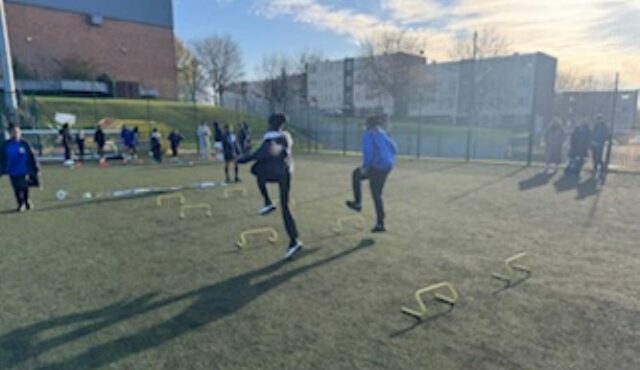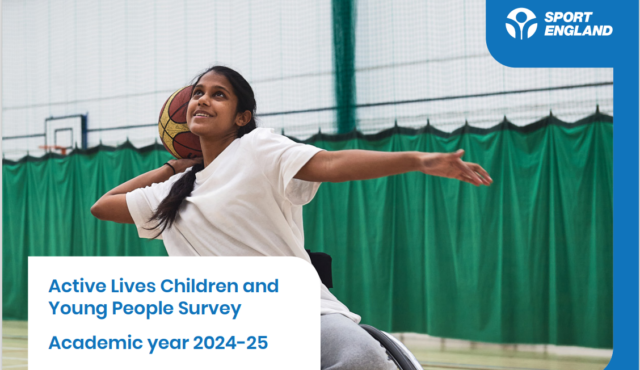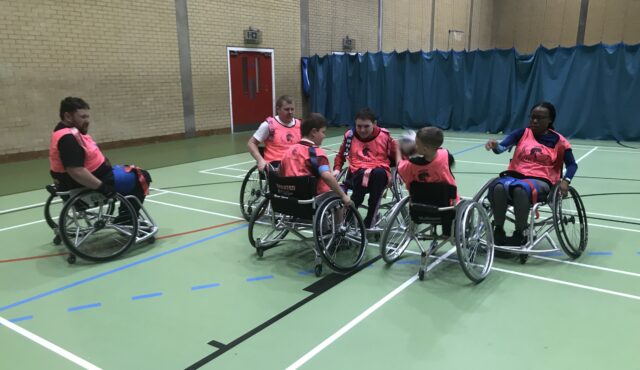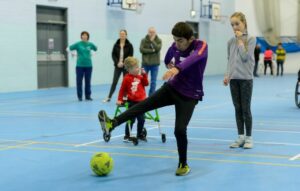 Activity Alliance releases its fourth Annual Disability and Activity Survey report for 2022-23. The survey is the primary source of insight for organisations working to achieve fairness for disabled people in sport and activity.
Activity Alliance releases its fourth Annual Disability and Activity Survey report for 2022-23. The survey is the primary source of insight for organisations working to achieve fairness for disabled people in sport and activity.
This year’s results show we are not seeing enough positive trends in disabled people’s perceptions and experiences of being active. Greater effort is needed to tackle inequalities that affect disabled people, especially to reduce loneliness and the impact of the rising cost of living.
Key survey findings:
- Disabled people were more likely to say they wanted to be more active compared to non-disabled people (77% vs 54%). This “activity gap” has remained consistent in previous years, showing an ongoing unmet need.
- Four in ten disabled people (37%) said the cost-of-living crisis has affected how active they are, versus three in ten non-disabled people (32%).
- Six in ten disabled people (60%) also reported that the increase in cost of living has reduced how much they socialise.
- There is a clear spending gap for what disabled people are spending and want to spend on physical activity. Disabled people reported spending an average of £13.40 less than non-disabled people in being active each month. Disabled people want to spend more than non-disabled people on being active (34% vs 27%), whereas non-disabled people were more likely to want to spend less (27% vs 19%).
- However – many disabled people fear that being more active will result in their benefits or financial assistance being removed (37%).
- Almost two-thirds (64%) of disabled people said the government should focus on making activities affordable to help more people to be active.
- Disabled people are nearly three times more likely than non-disabled people to feel lonely always or often (23% vs 8%).
- Over the last four years, there has been an upward trend in disabled people feeling lonelier, while non-disabled people reported steady or decreasing levels of loneliness. Since the start of the pandemic, disabled people were more likely to feel isolated (54% vs 30%).
- Nearly two-thirds of disabled people who felt lonely agreed that being active could help them feel less lonely (65%).
- Disabled people were also significantly less likely to report high satisfaction with their life (5% vs 17%).
- Younger disabled people and people with five or more impairments were most likely to say the cost-of-living crisis has reduced how active they are (58% and 56%) and how much they socialise (74% and 75%).
You can access the full survey findings via the Activity Alliance website. Please contact their research team directly to discuss how to access, interpret and use the data. Email research@activityalliance.org.uk or call 01509 227750.

